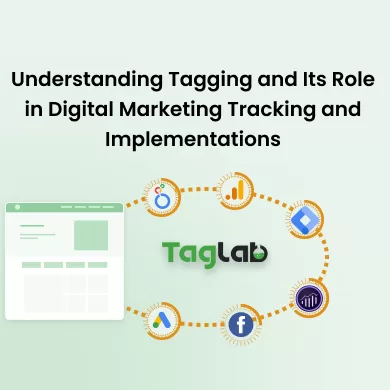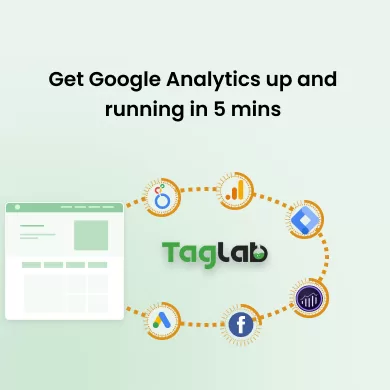Your cart is currently empty!
Search results for:
Implement Mixpanel with Existing Google Tag Manager & Data Layer for Google Analytics
Implementing Mixpanel with the data layer set for Google Analytics with Google Tag Manager can be a powerful way to enhance your analytics capabilities and gather more detailed insights. Mixpanel is a powerfull tool that offers a realtime and simple, yet powerful interface that have been proven excellent especially for SaaS and usability analytics. If…
Data Layer Syntax for Efficient Tag Management and Valuable Insights
In the intricate landscape of web analytics, the data layer syntax emerges as the backbone of precise data transmission. Beyond its apparent simplicity, the syntax intricately defines how information is structured, enabling websites to communicate effectively with analytics tools. This technical deep dive into data layer syntax is not for the casual observer—it’s for those…
Data Layer Best Practices and Data Validation Software
Businesses rely heavily on acquiring and analyzing online user data to make educated decisions and drive success in today’s data-driven environment. The Data Layer is a critical component that plays an integral part in this process. This article delves into recommended practices for the Data Layer, implementation methodologies, and the importance of data validation tools…
Digital Touch Points Made Accessible – Know Your Trackers
Audit your high-conversion data points with TAGLAB, the best-in-class data validation software. Easily audit your website tags with analytics testing to access optimal lead generation. Our automation suite offers compliant and efficient data collection for optimal tag management. With TAGLAB, scale your digital marketing efforts easily and accomplish all your revenue goals on one platform. …
Ensuring Accuracy and Reliability – The Power of Data Validation and Verification Software
In the recent data-driven world, the accuracy and reliability of information are of paramount importance. Incorrect or unreliable data can lead to misguided decisions, wasted resources, and potentially severe consequences for businesses and organisations. This is where data validation and verification software comes into play. Explore the significance of data validation and verification and how…
How to set up an automated marketing tracking monitoring and quality assurance process
Maintaining accurate tracking data is vital for successful marketing and analytics. To establish ongoing monitoring and maintenance, it is essential to set up automated tracking testing and quality assurance processes. In this post, we will explore a recommended methodology to ensure reliable tracking, covering key steps such as defining objectives, designing tests, analyzing results, addressing…
Understanding Tagging and Its Role in Digital Marketing Tracking and Implementations
What is Tagging in Web Analytics? Tagging in web analytics and digital marketing refers to the process of adding a piece of code or tag to a website or web page to track user behavior and collect data. This code is commonly referred to as a tracking tag or a pixel. These tags enable marketers…
How to enable Cross-Domain Tracking in GA4 in 3 steps
Cross-domain tracking is a crucial aspect of Google Analytics setup, especially for websites that span multiple domains or subdomains. When users navigate between different domains or subdomains within the same website, traditional Google Analytics tracking can lose visibility into their session data, leading to inaccurate reporting and incomplete user journey analysis. Below are some common…
Understanding the basic 6 steps to track events and interactions with Google Tag Manager
To track events and interactions with Google Tag Manager, follow these steps: Access your Google Tag Manager container under your account or set up a new account and container for your website. Create a new tag in Google Tag Manager for the event or interaction you want to track, such as a button click, form…
How to set up Google Analytics 4 tracking code on your website in 5 mins
Google Analytics 4 (GA4) represents a significant shift from previous iterations of Google Analytics, primarily due to its flexible, event-driven data model that aligns more closely with current digital marketing needs. As businesses interact with users across multiple online platforms and devices, GA4 provides the tools necessary to understand and optimize these interactions more effectively.…


